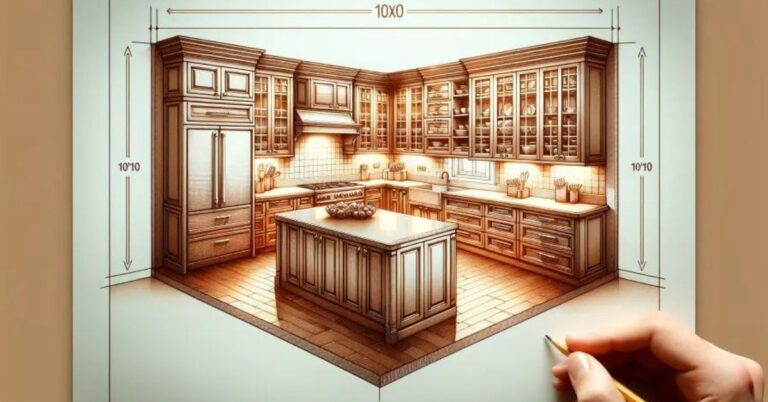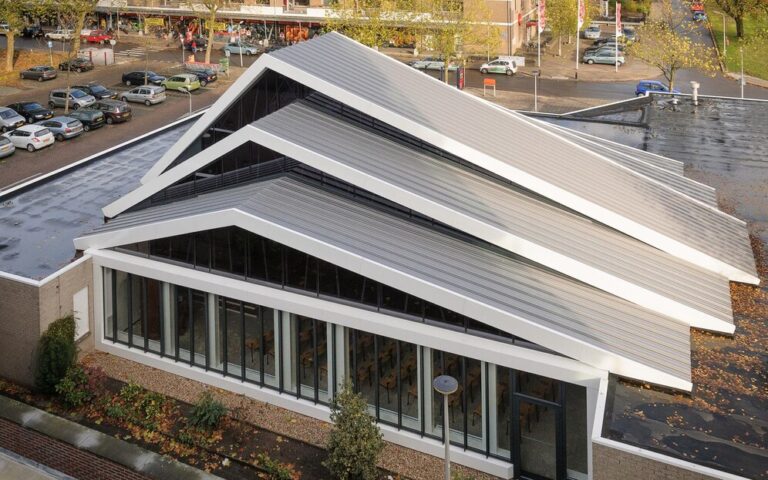Appliance Maintenance Made Easy: Tips for a Longer Lifespan
Introduction: The Importance of Appliance Maintenance
Household appliances are significant investments that add immeasurable convenience to our daily lives. Maintaining them properly is essential to ensuring they last longer and function well. Neglecting appliance care can lead to premature breakdowns, costly repairs, and inconvenient disruptions. You can keep your appliances in shape for years by following simple maintenance steps. For instance, knowing where to find replacement parts is essential, and Samsung offers a range of parts that can help maintain your appliances’ performance. With this knowledge, you can address minor concerns before they become more prominent and expensive.
Regular Cleaning and Upkeep
Maintaining cleanliness is among the simplest and most efficient ways to care for your equipment. Dust, grime, and food particles can accumulate over time, reducing efficiency and potentially leading to malfunctions. For example, regularly cleaning your refrigerator’s coils can improve its efficiency and longevity by helping it maintain the correct temperature. Dust and dirt can insulate the coils, making them work harder than necessary, which increases energy consumption and wear. Similarly, using a dishwasher cleaner can prevent buildup that may affect performance, ensuring your dishes come out spotless every time. Cleaning not only improves performance but also extends the life of your appliances.
Tips for Cleaning Common Appliances
- Refrigerators: To avoid spillage and mold, clean the coils every six months and thoroughly clean the shelves. A simple vacuum and coil brush can make this task quick and efficient. Also, check door seals to ensure they are tight, which helps maintain the internal temperature.
- Dishwashers: Run a cycle with a dishwasher cleaner monthly. Clean the filter to avoid clogged drains, which can lead to inadequate cleaning and long-term damage. Also, inspect the spray arms and remove debris to ensure they function correctly.
- Washing Machines: Run an empty cycle with vinegar or a cleaner machine to clean the drum and eliminate odors. This process helps dissolve detergent residue and limescale, improving the machine’s overall performance and preventing buildup that can lead to mechanical issues.
Understanding When to Repair
Knowing when to repair an appliance is crucial for maintaining its longevity and efficiency. Minor issues like loose components or clogged filters can often be easily fixed. Addressing these minor repairs can prevent more significant problems from developing down the line. However, more severe issues, such as a faulty motor or a broken heating element, may require professional assistance. By maintaining your appliances’ efficiency and extending their lifespan, timely maintenance can help you avoid the higher costs of replacing them too soon. Assess the severity of the issue and whether it affects the appliance’s core functionality before deciding on repairs.
Indicators That an Appliance Needs Repair
- Unusual noises or vibrations during operation can be early signs of mechanical issues or parts needing lubrication or tightening. Over time, ignoring these warning indications may result in more severe harm.
- Increased energy consumption: An unexpected increase in your electricity costs may be a sign that an item isn’t working as well as it should, potentially because of a broken part that needs to be fixed.
- Decreased performance or functionality: If the appliance is not working as well as it used to, it may need a professional check-up. Reduced performance can be a sign of wear and tear or a specific issue that needs addressing to restore full functionality.
Knowing When It’s Time to Replace
Appliances can be repaired to increase their lifespan, but eventually, replacing them will be more economical. Consider the age and condition of the appliance. If it’s over ten years old and requires frequent repairs, it may be time for an upgrade. Modern appliances are more reliable and have advanced features that enhance convenience, user experience, and energy efficiency. Over time, switching to more energy-efficient equipment can dramatically reduce energy use and utility costs. Investing in new appliances can lead to long-term savings and improved environmental impact.
Factors to Consider for Replacement
- Age of the appliance: Many appliances have an expected lifespan; if yours nears that age, it may be time to consider a new model. Older appliances have a higher chance of experiencing malfunctions and require increased efficiency.
- Frequency and cost of repairs: If repair costs add up to a new appliance’s price, replacement might be the wiser choice. Constant maintenance can become more expensive than investing in new, reliable appliances.
- Energy efficiency of new models: Investing in a new, energy-efficient appliance can save your energy bills and is better for the environment. Newer models often have features that reduce energy consumption and water use, contributing to lower utility costs and a smaller carbon footprint.
Enhancing Energy Efficiency
Energy-efficient appliances not only help the environment but also reduce your utility bills. Ensuring that your appliances operate efficiently maximizes their performance and lifespan. Follow the manufacturer’s guidelines for optimal use and maintenance. Simple actions like defrosting your freezer and adjusting the thermostat can significantly affect energy consumption. For instance, setting your refrigerator between 37°F and 40°F keeps food safe and energy use optimal. To increase effectiveness and safety, ensure not to overload your dryer and clean the lint filter after every usage.
Steps to Enhance Energy Efficiency
- Use energy-efficient settings on appliances: Many appliances come with eco or energy-saving modes that reduce power consumption without sacrificing performance. Utilize these settings whenever possible to lower your energy bills.
- Defrost your freezer regularly: This prevents ice buildup, which can reduce the freezer’s efficiency and increase energy use. The freezer has to work harder to maintain the proper temperature when there is a thick layer of ice on it.
- Keep your appliances well-maintained and clean: Regular maintenance ensures they run efficiently and last longer. Cleaning and servicing parts such as filters, vents, and coils can significantly enhance an appliance’s performance and reduce energy consumption.
When to Seek Professional Help
While DIY maintenance can save money, there are times when professional intervention is necessary. If you encounter complex issues like electrical problems or gas leaks, it’s best to call an experienced technician. This guarantees safety and avoids additional appliance damage. Professionals can accurately identify and resolve issues since they have the necessary knowledge and resources, eventually saving you time and money. Fixing major issues without the proper knowledge and equipment can result in further damage or potential safety hazards.
Situations Requiring Professional Assistance
- Electrical issues: Faulty wiring or electrical components can be hazardous and require specialized knowledge. If improperly handled, electrical problems can pose serious risks, including fires.
- Gas leaks: Gas leaks pose a severe risk to your safety, so as soon as you smell or suspect a leak, turn off the appliance and call a professional. They can also lead to explosions and health hazards, making them critical issues that need immediate attention.
- Major mechanical failures: Issues like a broken motor or compressor often require precise repair that only a professional can provide. These components are crucial to the appliance’s operation, and incorrect maintenance can cause further malfunctions or shorten the appliance’s lifespan.
Conclusion: Proactive Maintenance Pays Off
Regular maintenance of household appliances can save you time, money, and stress. Cleaning, repairing, and knowing when to replace your appliances can ensure they remain efficient and functional for years. Recall that taking preventative measures can help ensure your house’s proper operation. By following these guidelines, you can enjoy the benefits of well-maintained appliances and avoid the inconvenience and expense of unexpected breakdowns. Investing time in inappropriate care and maintenance can lead to long-term savings, improved performance, and a longer lifespan for your valuable household appliances.







